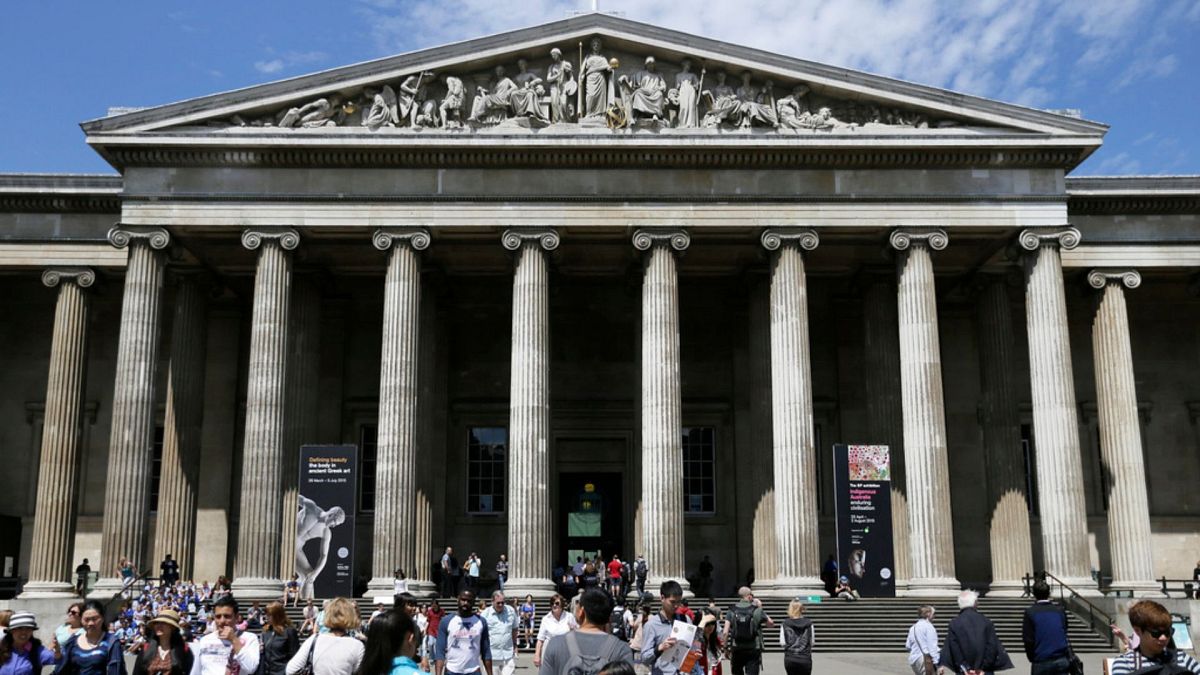EU takes first step to make contact with Syrian rebels, Kallas says

The EU has taken the first step to directly engage with HTS, the Syrian rebel force, while maintaining its designation of a terrorist organisation.
Kaja Kallas has instructed a senior diplomat from the European Union to directly engage with the provisional government set up by Hayat Tahrir al-Sham (HTS), the rebel force that led the offensive that toppled Bashar al-Assad’s autocracy.
The move represents the strongest indication yet about the bloc’s willingness to begin normalising ties with HTS, which has been blacklisted as a terrorist organisation by the United Nations due to its previous alliance with al-Qaeda.
The designation has been transposed to EU law and is followed by all 27 member states.
“I’ve tasked a European top diplomat in Syria to go to Damascus to make the contacts with the new government and people there,” Kallas said on Monday morning before heading into a meeting of EU foreign affairs ministers in Brussels, where the future of Syria is one of the main items on the agenda.
Asked if the bloc should revise the terrorist designation to facilitate diplomacy, the High Representative said HTS would first have to demonstrate its ability to govern a stable, peaceful Syria that grants protection to all minorities.
“For us, it’s not only the words, but we want to see the deeds going in the right direction. So not only what they are saying, but also what they are doing,” Kallas said.
“I think the coming weeks and months will show whether it goes in the right direction.”
Since overthrowing Assad’s regime, HTS has positioned itself as the leading force in the new political era, appointing a caretaker prime minister to administer a transitional government until March 2025. The group has also vowed to move the war-torn country from a state-controlled to a free-market economy to attract investors.
In a bid to acquire greater legitimacy, its leader, Abu Muhammad al-Jolani, has dropped his “nom de guerre” and now goes by his legal name, Ahmed al-Sharaa.
However, HTS remains plagued by accusations of human rights abuses, including alleged executions for blasphemy and adultery carried out under a strict, and at times, extreme, interpretation of Islamic law. This background has raised doubts about the rebel force’s ability to guarantee pluralism and tolerance after the fall of Assad.
Syria is a highly diverse country, inhabited by Sunni Muslims, who represent over 70% of the population, alongside Shia Muslims, Alawites, Christians and ethnic minorities like Druze, Iraqis, Armenians, Assyrians, Kurds and Palestinians.
During a meeting in Aqaba, Jordan, over the weekend, representatives from the EU, the US, the UK, the UN and Arab countries signed a joint declaration on Syria calling for the respect for human rights, “including for women and minorities,” and expressing “full support” for Syria’s unity, territorial integrity and sovereignty.
Following the Aqaba meeting, the US and the UK confirmed they were in diplomatic contact with HTS while keeping the terrorist designation in place.
“We want to see a representative government, an inclusive government. We want to see chemical weapons stockpiles secured and not used, and we want to ensure that there is no continuing violence,” David Lammy, the British foreign secretary, said on Sunday.
“We are using all the channels that are available to us – diplomatic, and, of course, intelligence-led channels, and we seek to deal with HTS where we have to.”
It was not immediately clear if the senior EU diplomat deployed by Kallas would meet personally with al-Shaara, the prime minister or both.
Besides diplomatic relations, another issue that Western allies need to tackle is the review of the wide-ranging sanctions that were imposed against Assad’s regime, which include stringent restrictions on weapons, oil, technology and financial transactions.
Geir Pederson, the UN special envoy for Syria, who met with al-Sharaa during his visit to Damascus, said lifting the sanctions was essential for the country’s economic recovery.
“We need to see that this is fixed quickly,” Pederson said. “We can hopefully see a quick end to the sanctions so that we can see really a rallying around building up Syria again.”
World News || Latest News || U.S. News
Source link



